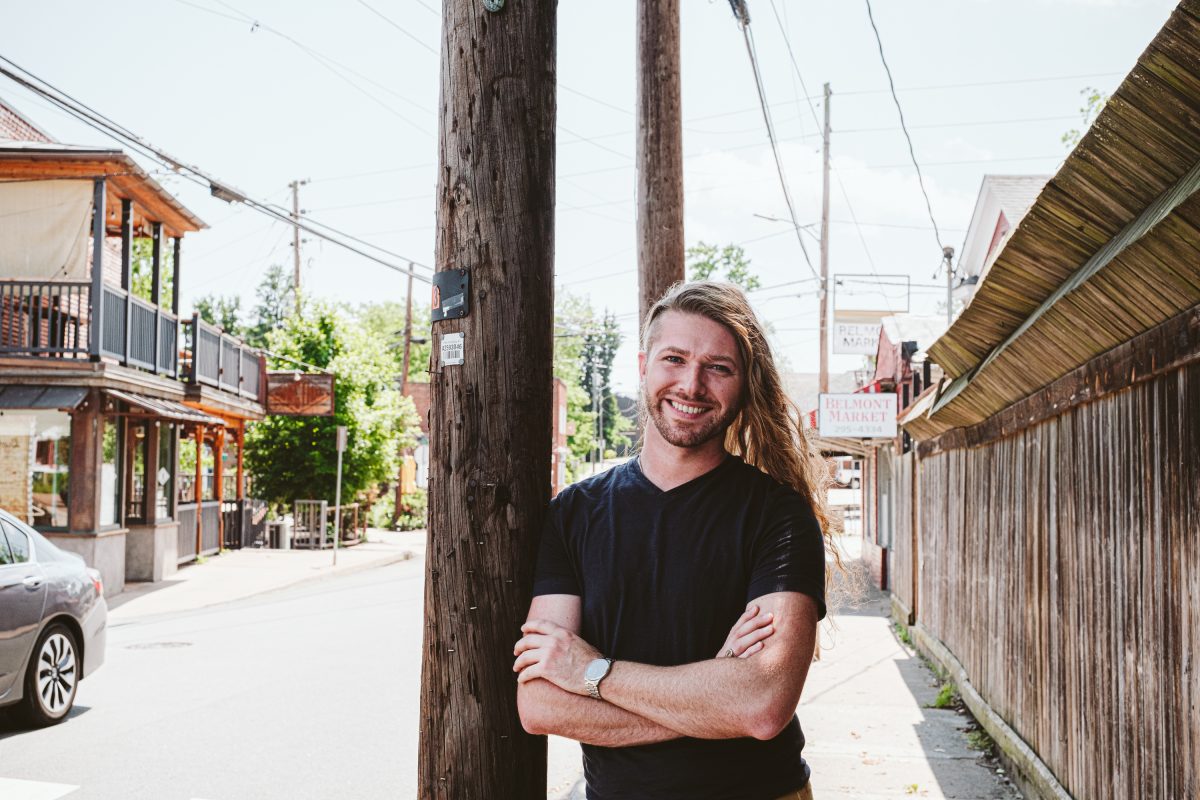Charlottesville doesn’t have a gay bar, but the local LGBTQ+ community is thriving in less traditional spaces.
With the closure of Club 216 in 2012, Escafé in 2018, and Impulse in 2020, Charlottesville’s Queer nightlife and drag scene has become increasingly transient, with pop-up events at various restaurants and businesses in the area. The fate of Umma’s, a Korean- and Japanese-American restaurant downtown that quickly became an unofficial gay bar, is currently up in the air. Owners Anna Gardner and Kelsey Naylor explicitly worked to make their restaurant a haven for the local LGBTQ community, but the possible sale of Umma’s after its owners move later this year leaves questions about the future of the space.
The closure of these Queer spaces in Charlottesville mirrors broader national trends, with roughly 50 percent of American gay bars closing between 2012 and 2019 according to Greggor Mattson, author of Who Needs Gay Bars?.
“When I first moved here, we did have those dedicated bar spaces, and so it does impact … how the community functions in the area,” says Jason Elliott, founder of Out and About Charlottesville, a group that hosts LBGTQ-centric social events. “But I don’t think that it prohibits us from still having a strong community here.”
While the current lack of a permanent, traditional gay bar in Charlottesville does have some drawbacks, Elliott says it also has a lot of benefits.
“The shortfall of not having that dedicated traditional space in a brick and mortar setting is that we can’t just show up. We’ve got to plan,” he says. “Ironically, that planning … is also one of the benefits of not having that space, because when we get together, it becomes a lot more intentional.”
Beyond intentionality, the lack of a go-to space has led to a wider range of community events. This month alone, Out and About’s list of goings-on includes trivia nights, game nights, workouts, drag brunch, and a silent disco.
For local drag scene performers Cherry Possums and Bebe Gunn, the lack of an established venue has opened doors—literally.
“It gives us more of a freedom to go into different places, and if something’s not working out, we just shut that one down and move on to another place,” says Possums. “If there was one specific gay bar, our business would have to be more tied into another individual business.”
The lack of a gay bar has led to the drag duo performing at some unconventional venues, including Solid Core Fitness and Common House. “None of the crowds are the same people,” says Gunn. “The people that come to The Southern are totally different than the people that come to [The] Hidden Leaf. And they are totally different than the people that would come to brunch.”
It was exactly this flexibility that originally drew Possums and Gunn to Charlottesville rather than the established drag scenes in Richmond and their hometown of Roanoke. While the roommate duo is currently living in Richmond, they’ve been looking for a place in town.
“Basically, we’re running this like a business, honey,” says Gunn in half-drag before a show at The Hidden Leaf, passing a blunt with their drag daughter and Possums. All three are heavily painted, sporting elaborate makeup—and Possums her signature goatee.
Across the board, Elliott, Gunn, and Possums emphasize the power and importance of local businesses embracing LGBTQ+ events.
“I think it’s also really important that while we’re talking about the spaces that we don’t have, we do have allies that we wouldn’t be here without,” says Elliott. “That may be the business owner who says we can do a drag show somewhere, the business owners that say, ‘Yes, we’re going to pay our drag queens what they deserve.’ The spaces that say, ‘You know what we want to do something special for your community,’ or, it doesn’t have to be special, but it is safe.”
